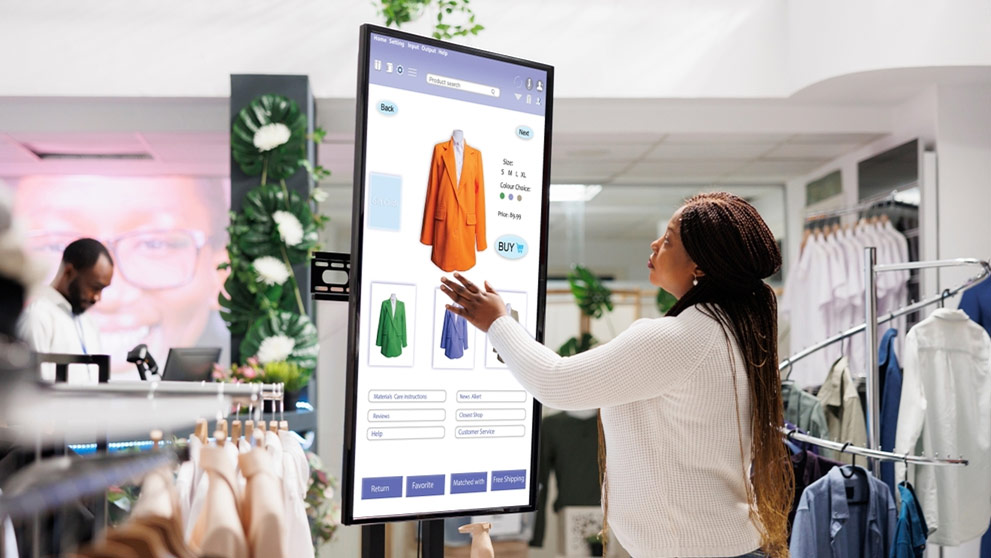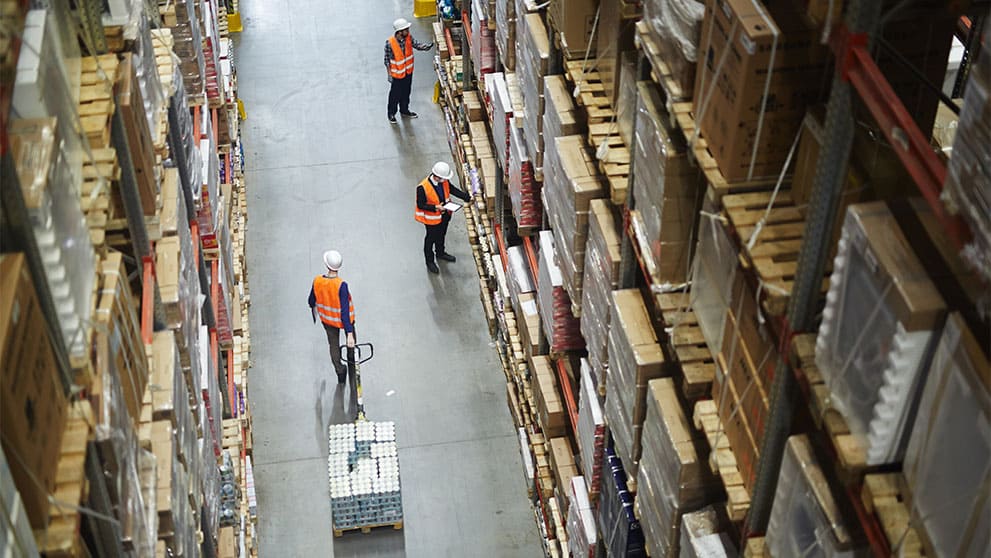Picture this: in a bustling boutique in Sandton City, a customer – we'll call her Thandi – picks up a locally crafted leather handbag. Two weeks later, she's back for a pair of beaded sandals that catch her eye. By month's end, Thandi's putting together a complete ensemble that speaks to her style.
This isn't just another sale. It's a story of connection, powered by smart data.
In South Africa's vibrant retail landscape, where spaza shops compete with mega-malls and online marketplaces, understanding your customers isn't just important – it's everything. Our unique market, with its blend of traditional and digital shoppers, demands a fresh approach to customer insights.
The Power of Direct Data: Your Competitive Edge
Think of first-party data as your shop's digital gold. It's the information that comes straight from your customers – not bought from data brokers or borrowed from partners. We're talking about:
What your customers buy and when they buy it
How they move through your website or store
Their engagement with your loyalty programme
Direct feedback that shapes your business
Unlike second-party data (shared through partnerships) or third-party data (bought from external sources), first-party data tells your customers' authentic stories.

Building Your Data Strategy: The South African Way
Here's how to create a data strategy that works for our market:
Smart Collection
Every interaction is an opportunity to learn. Whether it's a quick pop-in at your store in Rosebank or a late-night browse on your website, capture these moments. Modern tools like integrated point-of-sale systems and digital analytics make this easier than ever.
Deep Analysis
Look for patterns in your data. Which products fly off the shelves during the festive season? What brings customers back during quiet months? Use these insights to make decisions that matter.
Personal Touch
South Africans value personal connections. Use your data to strengthen these bonds. When Thandi regularly shops your winter collection, surprise her with an early preview of new arrivals that match her style.
Maintain Trust and Compliance
With South Africa’s Protection of Personal Information Act (POPIA) in place, transparency is key. Always inform customers about the data you collect and ensure they have control over their information. Gaining trust leads to greater engagement.
Loyalty Programs
Encourage customers to sign up for rewards programs in exchange for their contact information and purchase history. This will give you direct infromation about the customer, especially for specific information you may be particular about in crafting your strategy.
Surveys and Feedback
Nothing is as good as directly asking customers about specific thing that are crucial to driving sales as well as your customer preferences. So, go ahead! Ask customers directly about their preferences and experiences. You will be lavished with as much exact information as possible.
Point-of-Sale Systems
Capturing data during in-store purchases could mean noting what products are usually paired during purchase to ascertain how to recommend complementary products that are frequently bought by customers.
Turning Insights into Action
Your first-party data strategy can transform how you:
Create targeted specials that resonate with different customer groups
Design loyalty programmes that keep customers coming back
Stock inventory that matches local preferences and seasonal demands
Build marketing campaigns that speak directly to your audience
For example, a retailer in Cape Town might notice their customers love browsing winter coats online but prefer trying them on in-store. This insight could spark a "Browse Online, Try In-Store" campaign that bridges digital and physical shopping experiences.
Facilitating Repeat Purchases and Enhancing Customer Experience
Repeat customers are essential for any retailer. First-party data can help you create a smooth and personalized shopping experience that keeps them coming back for more. Imagine being able to suggest items a customer might like based on what they've bought before. If someone buys running shoes, you could suggest matching socks or workout gear. You can also send out personalized offers. A store in Pretoria could offer a discount on winter coats to customers who've previously bought scarves or gloves. Loyalty programs are another great way to reward repeat customers with points or special perks, making them feel valued. And if you connect your online and in-store data, you can create a seamless experience. If someone adds things to their online cart but doesn't buy them, you could send a reminder email or offer a discount if they come to the store. By using first-party data to make shopping better, South African retailers can turn one-time buyers into loyal fans.

The DHL Advantage: Supporting Your Growth
As your business grows through smart data use, reliable logistics become crucial. DHL's extensive network across South Africa ensures your products reach customers efficiently, whether they're in Johannesburg's northern suburbs or the heart of the Eastern Cape.
Looking Ahead
The future of South African retail belongs to businesses that understand their customers deeply. First-party data isn't just about collecting information – it's about building relationships that last.
Ready to transform your retail business? Start with what you know about your customers today. Every interaction is an opportunity to learn, grow, and build lasting connections in our uniquely South African way.
Partner with DHL and take your retail success to new heights. Open your DHL business account today and join the ranks of forward-thinking South African retailers who are shaping the future of commerce.











































